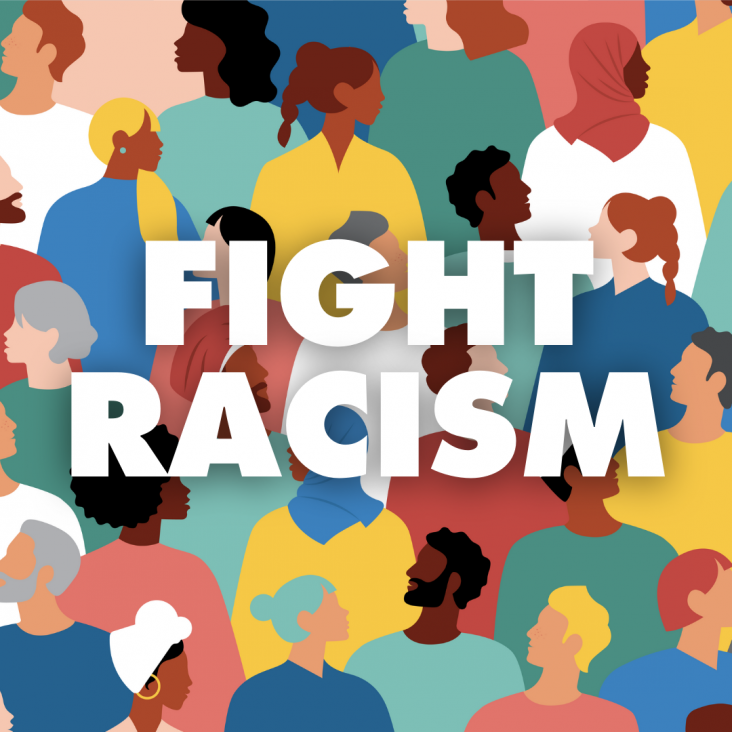
Engaging Boys and Men in Sexual Assault Prevention: Theory, Research and Practice
2022, Pages 1-27
Engaging Boys and Men in Sexual Assault Prevention: Theory, Research and Practice
2022, Pages 125-148
Engaging Boys and Men in Sexual Assault Prevention: Theory, Research and Practice
2022, Pages 365-378
Engaging Boys and Men in Sexual Assault Prevention: Theory, Research and Practice
2022, Pages 237-264
Objectives: To synthesize literature about teaching social justice to nursing students and identify approaches for effective teaching of social justice issues in nursing education.

